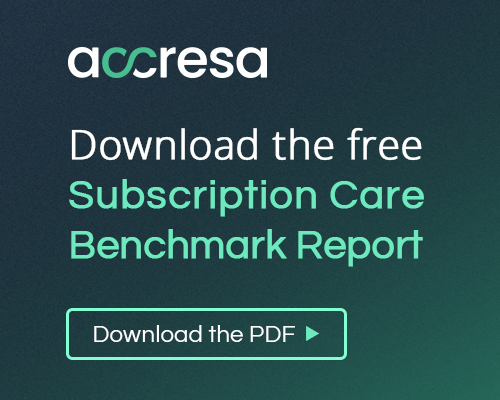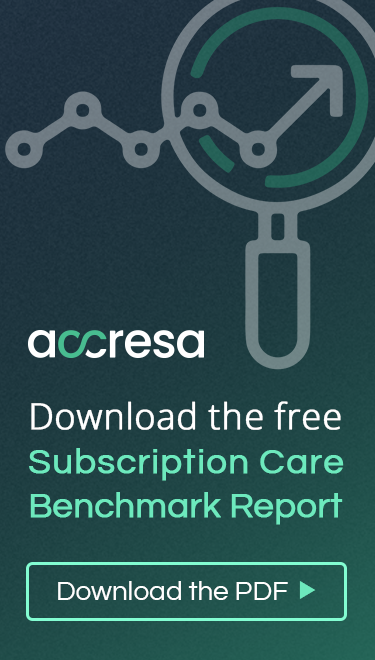Medical billing is a critical aspect of any healthcare system, which also presents significant challenges. Hospitals and healthcare facilities that fail to streamline their medical billing systems and procedures risk their financial viability. Many factors can affect healthcare providers’ revenue and patient experience. These issues may include coding errors, incomplete patient information, manual claims processes, and patient education.
Fortunately, there are modern solutions like Revenue Cycle Management which help create efficient medical billing processes. Our team at Accresa is dedicated to assisting employers in providing unmatched benefits without increasing costs. Our company strives to replace the traditional payment and care delivery models with high-quality primary care services via a subscription billing system. Accresa can help hospitals and health systems provide simplified subscription care plans through Revenue Cycle Management.
What is Revenue Cycle Management (RCM) in Healthcare?
Revenue Cycle Management is the financial process hospitals and health systems use to manage clinical and administrative functions related to payment, claiming process, and revenue generation. It covers everything from patient registration to appointment scheduling and patient payment collection. In most cases, the healthcare RCM uses medical billing software.
Healthcare Networks Can Capitalize on the Direct Primary Care Business Model
Advanced Care Planning (ACP) and Direct Primary Care (DPC) arrangements via the ROI on the business model have set a base for potential savings if the shift to direct care is adopted. Continued data forensics of BPC helps patients to visit health care facilities more frequently. In addition, it will help simplify the procedure of inventorying the available primary care processes and transferring money from the source to the primary care provider.
Technology has assisted in refining and streamlining healthcare revenue cycle management. Most health systems use tech innovations to track claims, address claim denials, and collect payments. Direct primary care is a fully developed and reinstated technology program that lets them put their label on the shelf in a subscription care store like Accresa.
Why is Direct Primary Care the Best Choice?
Direct Primary Care (DPC) is an absolute game-changer in the healthcare landscape. It provides a way for many struggling Americans to meet their healthcare needs, enabling them to regain control of their health. Unlike insurance-based healthcare, DPC is patient-centered and aims to provide quality service at a predictable price. The direct primary care business model also allows physicians to spend more time with patients, meaning a doctor can attend to fewer patients and offer several services.
On the contrary, the fee-for-service model is governed by medical policies created in 1965. The care provided under this model might not be suitable for the individual. Fee-for-service also uses middlemen, which leaves care providers second guessing if they will be paid for the services provided. Make the best choice by deploying an alternative plan that recognizes DPC as an investment instead of an expense.
Why RCM Is Important in Healthcare Medical Billing
Poor management of healthcare medical billing systems can result in financial loss and even affect the ability of an organization to remain in business. An effective approach to RCM offers healthcare facilities many benefits, including the following:
- Reduced time commitment
- Lowered costs
- Improved patient experience
- Reduced administrative burden
- Faster collections
- Reduced errors and redundancy
How to Handle Medical Billing with Revenue Cycle Management
RCM in healthcare provides an efficient way to consolidate patient payments and cut the time you spend on billing and processing payments. The primary goal of this model is to optimize flexibility and align care to the patient’s needs rather than delivering the care they can afford. However, new product lines must be created for the practice to reflect employer deliverables:
- Plan design that’s clinic-specific, employer-specific, and for individuals or families.
- Normalize enrollment feeds
- Complex payment management like payroll deduct, credit or debit, consumer-directed accounts, and automated clearing house.
- Network management to connect various disparate networks for multiple-location employers.
- Manage adds, terminations, and file changes.
- Direct AI-generated communications for dependents & members
Medical Billing Benefits of RCM in a Subscription Healthcare Model Such as Direct Primary Care
RCM provides many practical benefits to medical billing. Studies featuring a marketing website showed that having RCM in a single platform saves time and operational costs. It cut 75 percent of the time they spent monthly managing invoices and following up payments. Similarly, half the FT workforce was saved 50 percent in the entire process. RCM in a subscription healthcare model guarantees payment the same month, eliminating delays.
Use Accresa for Revenue Cycle Management to Simplify the Medical Billing Process
Accresa is the leading enterprise-grade subscription care platform for healthcare providers. It makes it possible for hospitals and healthcare institutions to offer convenient subscription care by providing efficient and automated billing systems.
This platform can help healthcare providers to focus on patient care, reach more people, and simplify payments. Contact us today to discover how Accresa can help optimize your medical billing with RCM.Our





